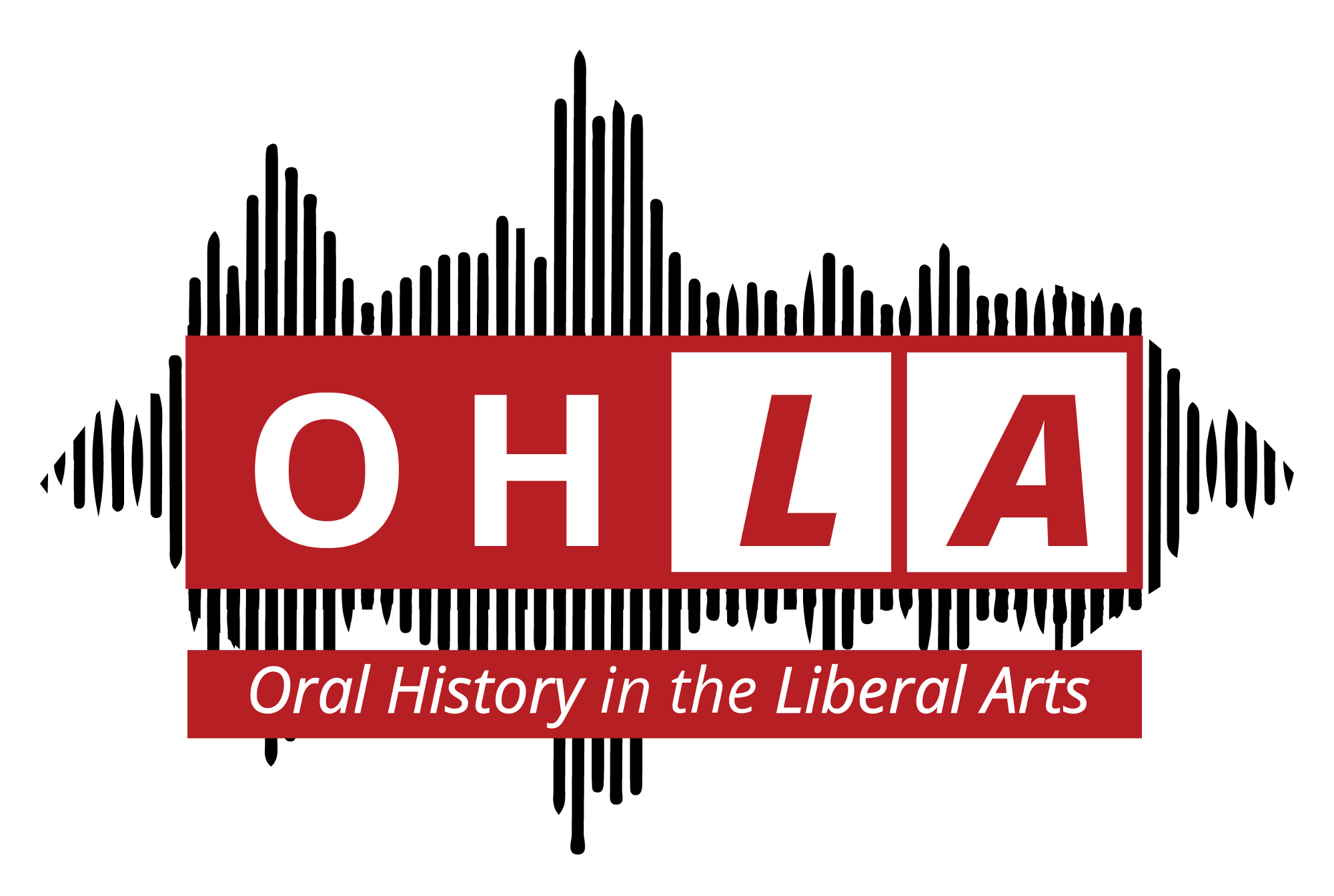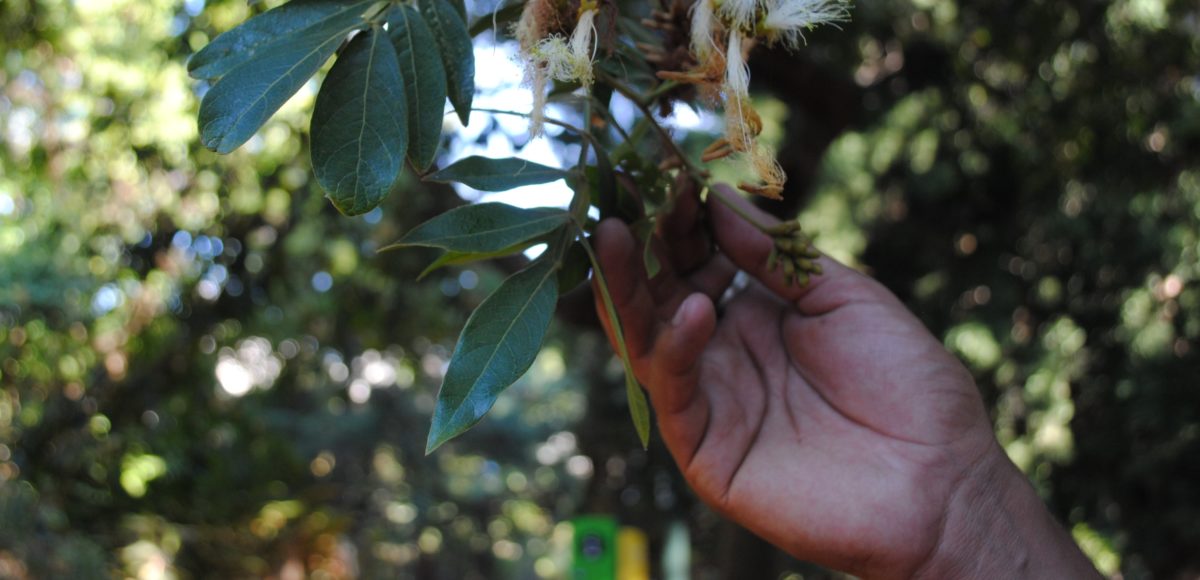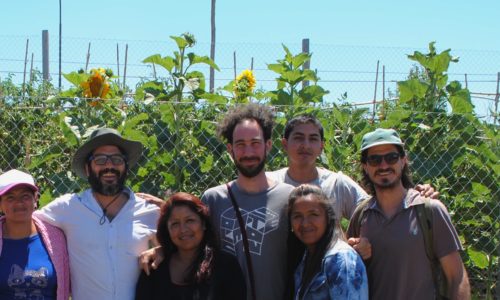About the Project
Environmental problems are social problems, issues deserving of study not just through the lens of science, but of anthropology, philosophy, psychology, art, politics and more. There are many grave problems affecting our environment today, from anthropogenic climate change to environmental destruction and toxic pollution. As a student of anthropology, I’m interested in how these problems affect humans – whether there are demographic differences in the impacts of these problems, who are solving these problems and how, and how these problems are changing and shaping culture, people’s lives, and their worldview.
From July to December 2017, I lived in Buenos Aires, Argentina and worked as a volunteer for a non-profit organization called Un Arbol Para Mi Vereda (A Tree for My Sidewalk) on their project with the city’s Environmental Protection Agency to grow 8,000 native trees for the city.
Buenos Aires is a large, crowded South American city with less green space per person than what the World Health Organization (WHO) recommends. A 2014 policy to make Buenos Aires a greener, more environmentally friendly city states that the city has 5 m2 of green space per inhabitant, compared to 10-15 m2 per inhabitant, which the WHO recommends. In terms of trees, the city has 1 tree per 7 inhabitants, rather than the WHO recommendation of 1 tree per 3 inhabitants (Plan Buenos Aires Verde, 2014).
Urban green spaces are crucial for a healthy city and for lessening the environmental impact of a city on the planet. Trees alleviate some of the carbon output and help to clean the air, while parks and nature preserves have the potential to combat species extinction. Additionally, research shows that urban green spaces have many positive effects on city inhabitants, from improving mood and workplace performance to promoting exercise and alleviating symptoms of mental illness. But equally important is the role urban green spaces may play in encouraging city folk (who will be 60% of the world’s population by 2030 according to the WHO) to reconnect with nature and the cycle of life and learn to care for the living environment.
Along with the municipal government, many non-governmental organizations in Buenos Aires are working to increase green spaces and make the city a more environmentally friendly place. My senior capstone project for Antioch College focuses on this topic and this oral history project is part of the research.
My goal with this oral history project was to understand the various perspectives of the many actors involved in this movement to increase green spaces in Buenos Aires. In particular I wanted to learn about what motivates people to work with plants, or with environmental issues in general; what significance people assign their work, especially in terms of framing their work within larger environmental issues; what challenges exist; and what people envision for the future of this type of work.
The famous Italian oral historian Alessandro Portelli once said, oral sources “help us question the boundary between what is of concern to history and what is not.” This statement is especially pertinent to my project as my research focuses on current issues and interviews focused on current work, thus making my project both exploration of the past and documentation of the present. I believe oral sources can be an invaluable resource for education and strategizing, which other communities can learn from now and in the future.
Interviews with members of Un Arbol Para Mi Vereda, city employees, as well as individuals working for other organizations are included in this project. While most interviews are unedited, raw conversations, some have been edited to reflect the needs of the interviewee or to exclude technical difficulties. My deepest gratitude to all who agreed to participate in this project.










